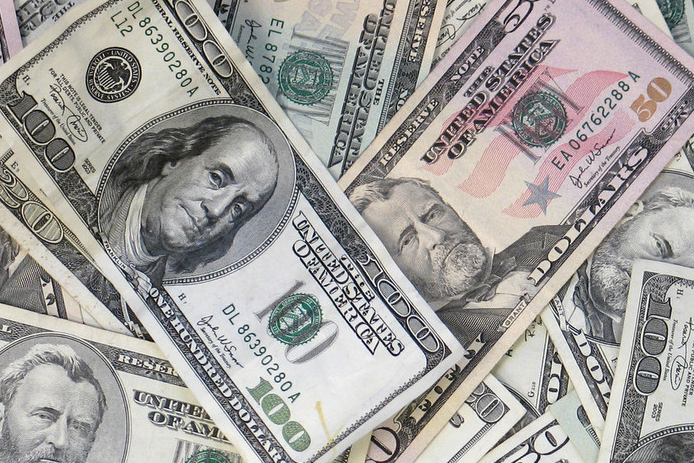
Navigating Paycheck Protection Program Forgiveness
On May 15, 2020, the Small Business Administration (“SBA”) announced the loan forgiveness application associated with the Payroll Protection Program (“PPP”) loan allowing small businesses to apply for loan forgiveness if it received a PPP loan. The application requires information regarding the “eligibility for the PPP loan.”
Specifically, loan eligibility was questioned because only businesses that certified “current economic uncertainty makes this loan request necessary to support the ongoing operations of the Applicant” were eligible for the loan, yet many public companies and high profile closely held companies received the loan. The amount of scrutiny will increase as loan recipients and the amounts received become public knowledge.
While the SBA has stated that every loan made where the company and subsidiaries received less than $2,000,000.00 in total are deemed to have made their application in good faith, making an application in good faith does not make the statements contained therein true. Although that finding may preclude the SBA from bringing an action, it does not necessarily preclude actions from the Special Inspector of Pandemic Recovery, the Pandemic Response Accountability Committee, the Department of Justice, State Attorney Generals and most likely whistleblowers under the False Claims Act and Reverse False Claims Act.
False Claims Act and Reverse False Claims Act
The False Claims Act was adopted during the Civil War to prevent false statements to the government to receive payment. Similarly, the Reverse False Claim Act was adopted to prevent false statements for those hoping to avoid paying back funds. Both acts were designed to incentivize whistleblowers by allowing the actions to be brought “qui tam” or in the name of the government. A person or entity with knowledge of a false statement made to the government may bring a false claim action under seal in federal district court. They do not serve the Complaint on the defendant but rather on the government. The government has 60 days to determine whether to intervene and protect the identity of the whistleblower (either to prosecute the action or to dismiss the action) or allow the plaintiff to continue to prosecute the action in the name of the government. The whistleblowers are incentivized to bring these actions by receiving 15% to 30% of the ultimate recovery. Additionally, the acts authorize treble damages, civil penalties and fees and expenses.
The burden is on the plaintiff to prove a false statement, which can be exceedingly difficult. Given how quickly hundreds of billions of dollars were administered by the SBA and will be forgiven, there will be actions.
Where a False Claim Action Will Likely Turn as it Relates to PPP
The most ambiguity in the eligibility for the PPP loan is the necessity to support ongoing operations. This is an opinion that must be knowingly false at the time it was made, and the maker of the statement may have later known it to be false and did not conduct a diligent investigation to correct it, e.g., the time the applicant files for forgiveness. A diligent investigation should include gathering correspondence regarding the need at the time and leading up to the application, a current perspective on the economic uncertainty and the need for the funds, projections, a review of current and historical financial status, perceived and ongoing risks, access to other liquidity, perceived damage without the PPP loan, industry trends and changes to the applicant’s business. It is important to review these issues before bringing an action to minimize damage.
If your business received a PPP loan and you question whether it was necessary to support ongoing operations – especially if your company made discretionary distributions since the pandemic, experienced increased revenues or created correspondence that suggested it was not needed – contact the attorneys at Mesch Clark Rothschild experienced in going-concern issues so we can help you determine and evaluate the factors that would justify either applying for forgiveness or paying back the loan.





